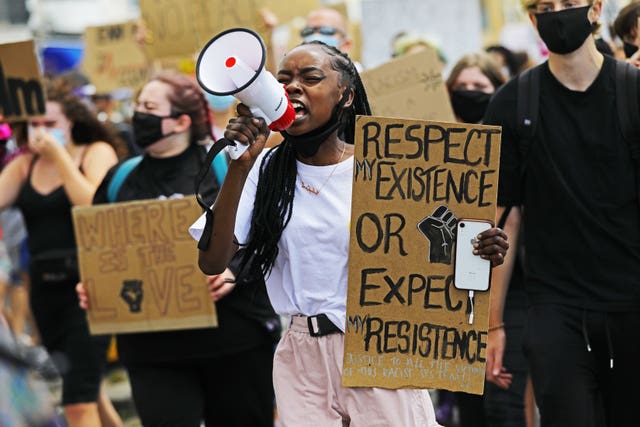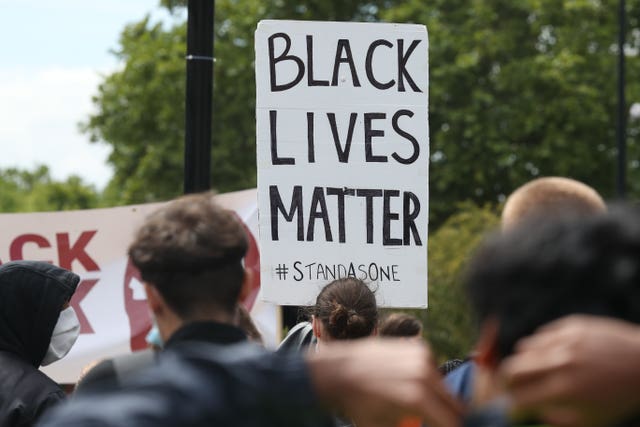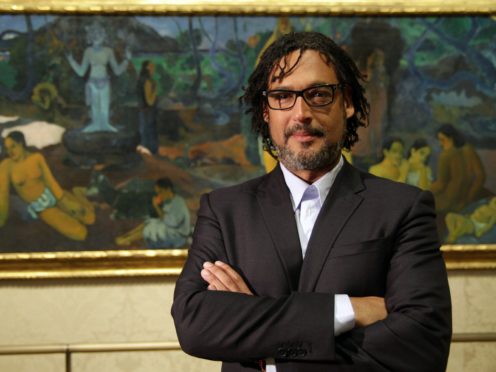David Olusoga has said that the success of books about race and black history in the wake of the Black Lives Matter protests is “absolutely profound”.
The broadcaster and historian said that lockdown restrictions meant people had “time” to engage with new issues they may not have considered before.
He made the comments during an online discussion for BBC Arts about his upcoming series Africa Turns The Page: The Novels That Shaped A Continent.

Olusoga said: “I think one of the big phenomena of 2020 is the willingness on the part of hundreds of thousands of people to engage with ideas and histories about race and about black people that they hadn’t been willing to previously.
“If you were going to ask what is new about this moment, I think the pandemic and lockdown gave people time and I think that time opened up a willingness that might have already been there to engage in these issues.”
He also celebrated the fact that people had seemed willing to engage with books about race and black history.
“That, I think, is absolutely profound.”

In June Reni Eddo-Lodge topped the Nielsen Book UK chart and said that she had become the first black British writer to do so.
Her book Why I’m No Longer Talking To White People About Race was ranked in first place in the industry-leading measurement of print book sales for the week to June 13.
Eddo-Lodge’s book explores themes around the conversation about race in the UK.
Other books by black authors including Akala’s Natives and Layla Saad’s Me And White Supremacy also featured in the Nielsen rankings in June, according to The Guardian.
Olusoga added that “something has happened in 2020 where these histories and these issues, more and more people have been willing to engage with them in a way that does seem quite different and quite profound”.
“It is fantastic that all of these books by all of these fascinating writers that I’m proud to know and associate with were available at this moment when people’s willingness to engage with this history and these ideas exploded in a way no one predicted,” he said.
Olusoga made the comments after the death of George Floyd in the US sparked Black Lives Matter protests around the world.
Following Floyd’s death in Minneapolis, Olusoga told the BBC’s Andrew Marr Show that racism is “deeply hard-wired into our culture” in Britain and there is still work to be done to tackle the “core” of the issue in the country.
Africa Turns The Page: The Novels That Shaped A Continent airs on BBC Four later this month.
